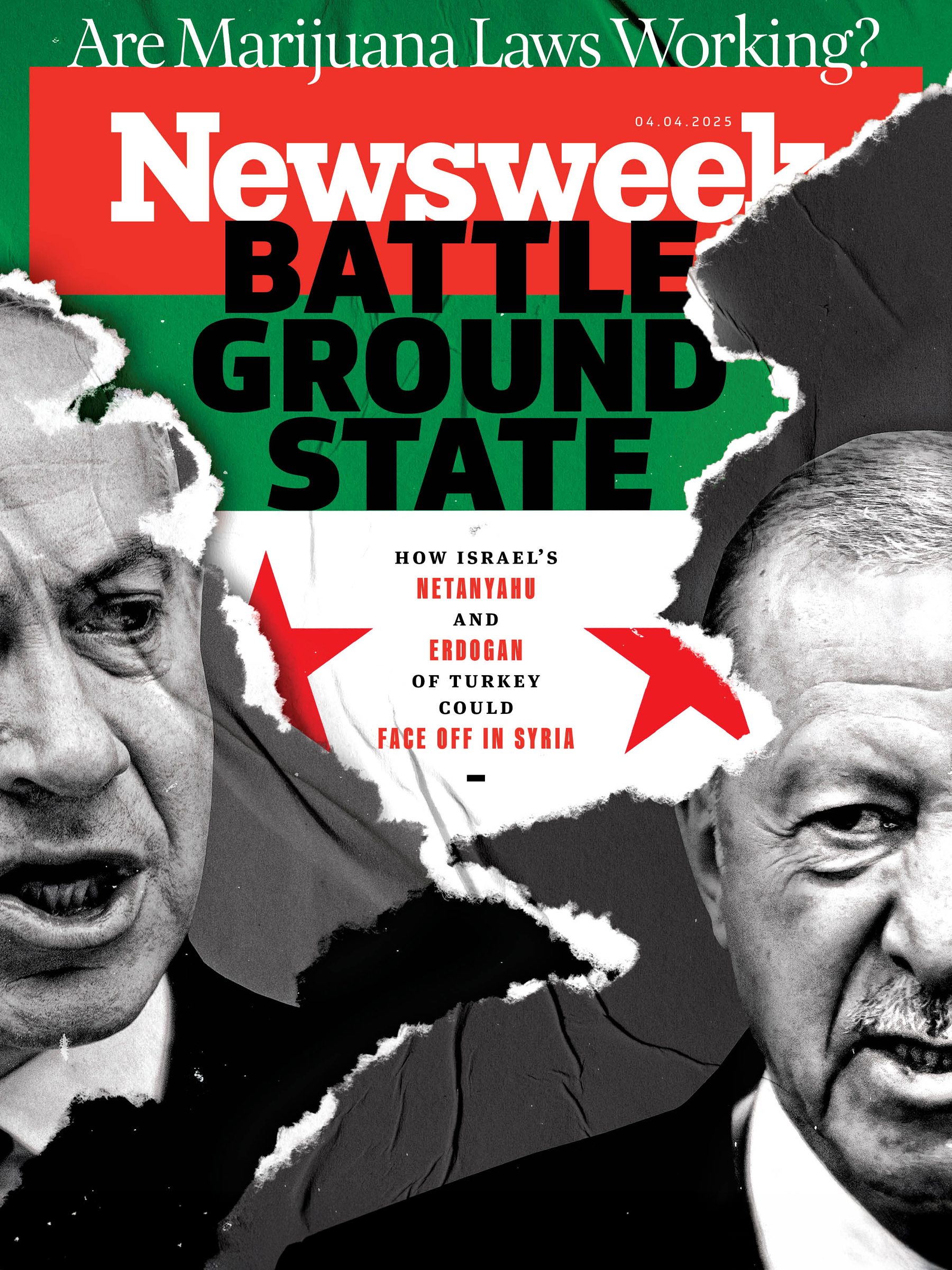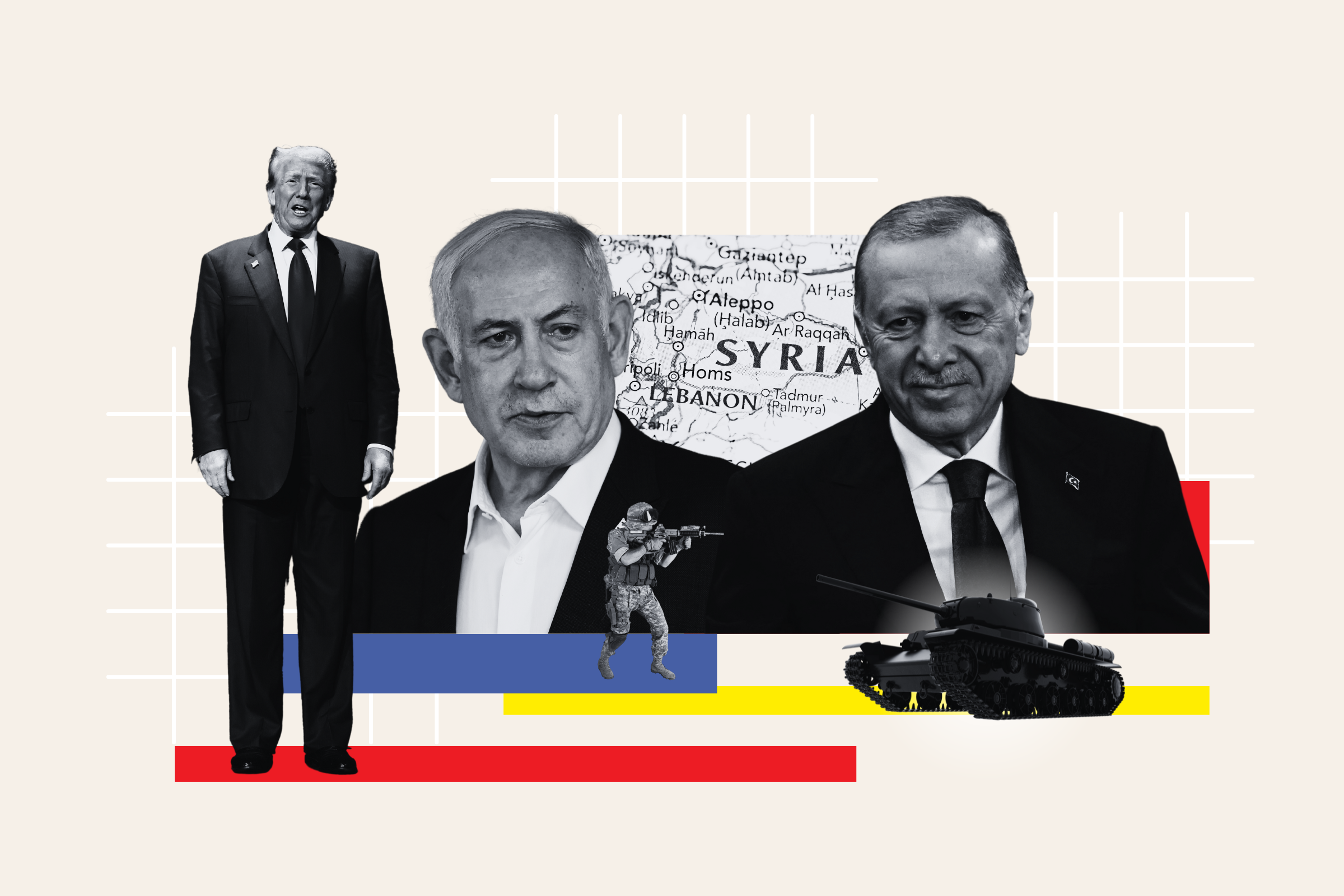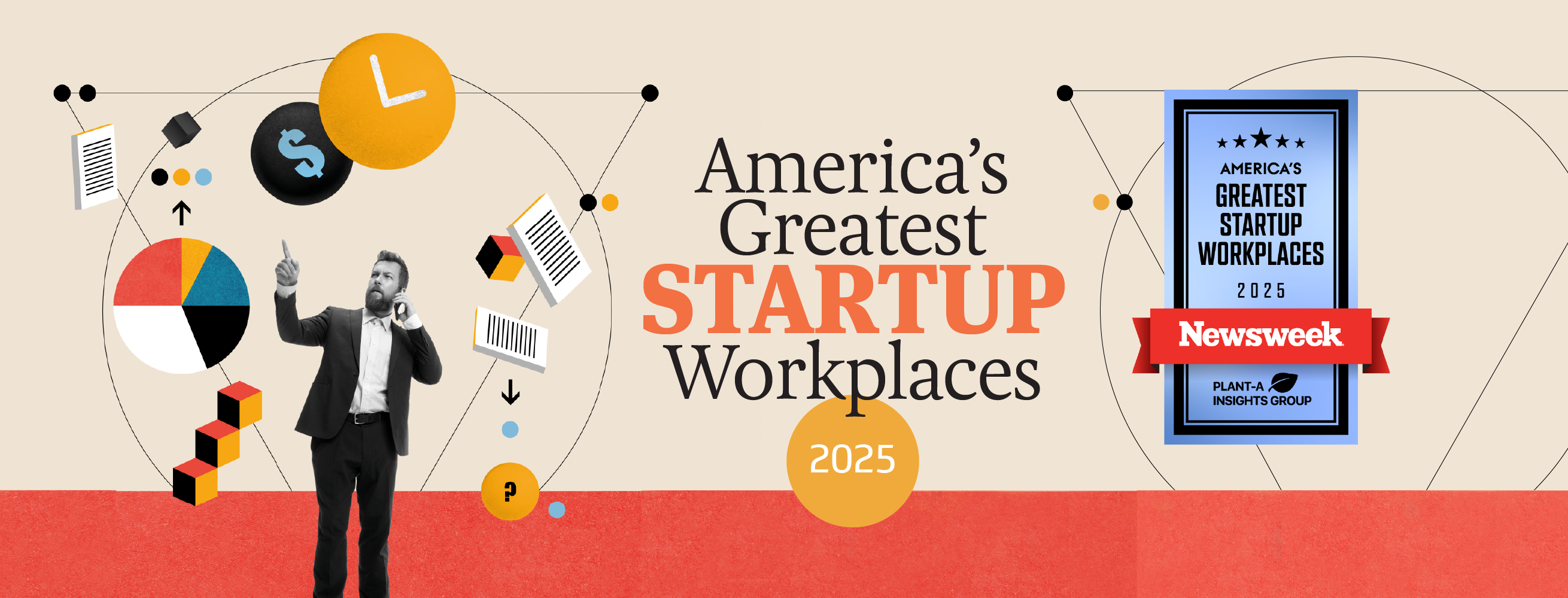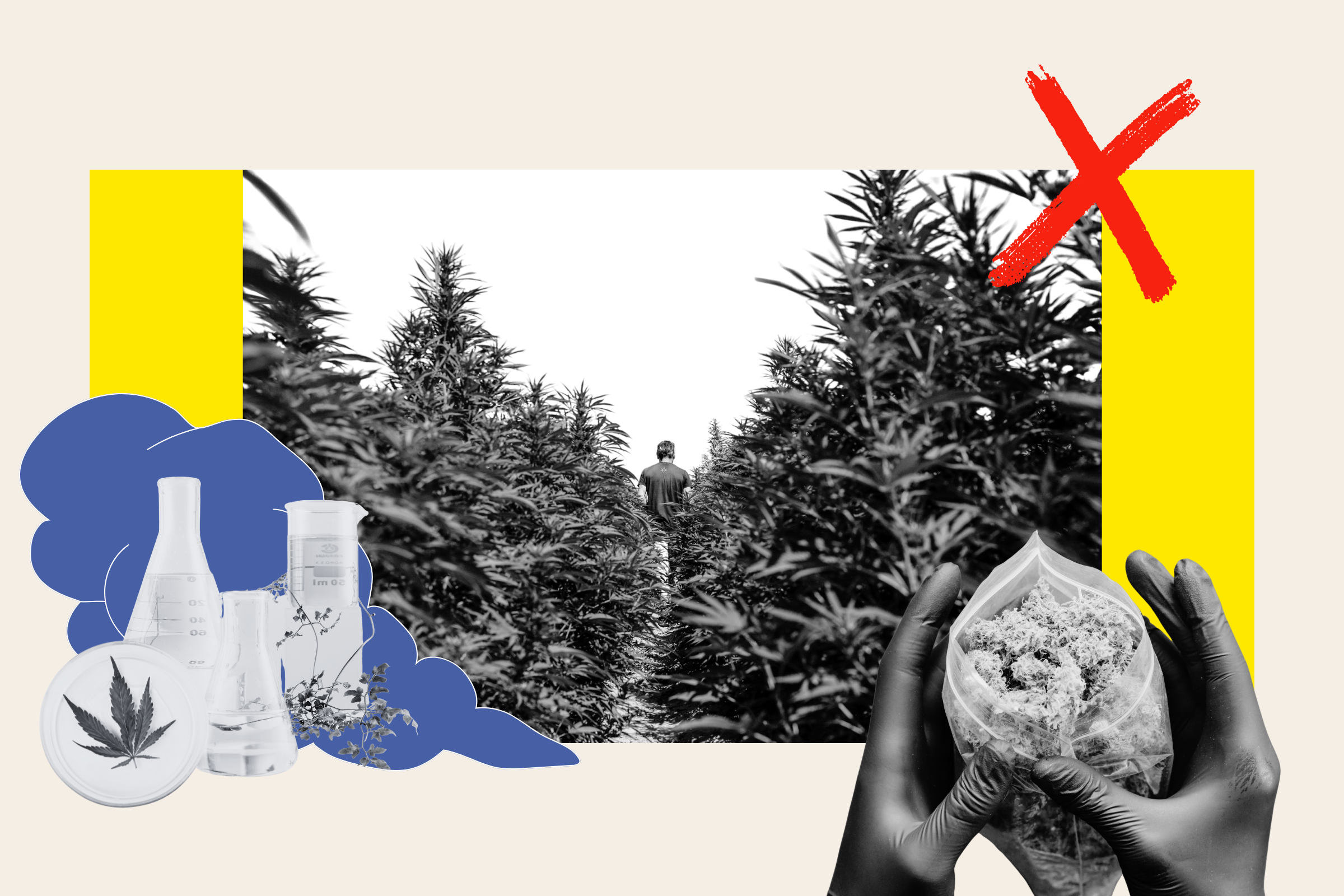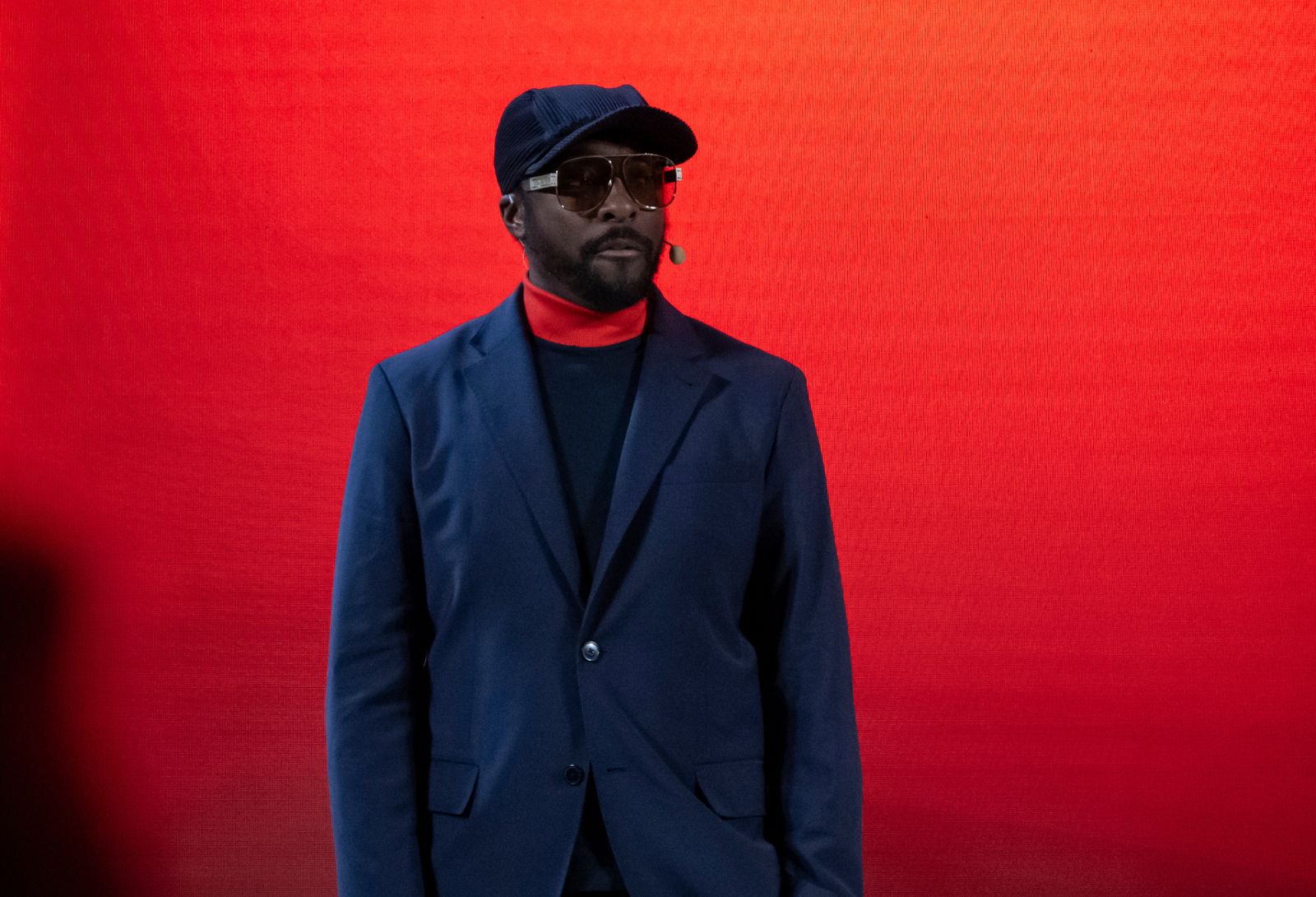
Blockchain today might be like the internet in 1993: a decade from now, you'll wonder how society ever functioned without it, even though most of us barely know what it is today.
Some fascinating blockchain sprouts are poking through these days, such as one company that lets anyone act as a bank teller and another that could tell you every person who has ever owned a particular diamond—a handy way to make sure you don't wear a ring that helped finance the civil war in Sierra Leone. Still other blockchain concepts could challenge Uber and Facebook down the road.
Blockchain is the technology behind the digital currency bitcoin. It is a kind of super sophisticated distributed ledger that keeps track of things on thousands or even millions of disparate computers, all coordinating with one another. There's no single entity in charge. If the internet is an army with generals (General Amazon, General Google), the blockchain is more like a colony of ants, each encoded with how to work for the good of the whole. The grand promise of blockchain goes far beyond bitcoin, just as the promise of the internet back in the day went way beyond CompuServe.
In 1993 , hardly anybody had heard the word internet. People like Al Gore were instead preaching about a coming "information superhighway." A group of students in the middle of nowhere (i.e., the University of Illinois at Urbana-Champaign) concocted the first wobbly browser. Yahoo was two years from its founding. Not a soul foresaw Facebook, Match.com, WikiLeaks or cat videos. Mark Zuckerberg was 9 years old.
Think of the explosion and disruption that happened over the following decade. Think of how our way of life was completely changed by this internet thing. And so imagine what it means when Don Tapscott, who has been writing books and advising corporations about technology since the '80s, says the blockchain is the next internet.
Granted, Tapscott has a new book to sell, Blockchain Revolution, co-authored with Alex Tapscott, but the sentiment is common these days. Barry Silbert, one of the top early players in bitcoin, last year started Digital Currency Group so he could invest in a basket of companies he believes will reinvent the global financial system. Venture capital firms pumped $160 million into blockchain startups during the first quarter of 2016, up from $26 million the previous quarter. Google searches for "blockchain" leaped 32 percent in the quarter. Something's clearly happening.
Bitcoin is an interesting early application that may or may not have legs. More important, blockchain for the first time makes it possible to ensure there is just one authentic digital copy of something on the network. That's why money was the technology's starting place. When you make a cat video, you want as many people as possible to copy it and pass it on. When you create money, it's good to make sure that when one person gives it to another, the giver can't keep a copy.
As blockchain develops, instead of having an internet that puts information and content online, we'll get a system that essentially automates trust and verification—the kind of stuff we now rely on accountants, banks, lawyers and governments to do. You'll be able to know that anything on a blockchain (money, a deed, a person) is authentic and that everyone around the world agrees on its value.
Better yet, since everything on the blockchain is digital, it is programmable. Currency can be programmed to keep track of every person who has used it. Software-enabled contracts can know if a job has been completed and make the payment without any middleman. A song on the blockchain could ask you to pay for it before it plays, cutting out iTunes or Spotify and sending the money back to the artist.
We're starting to see real applications for blockchain. Silbert told me about Everledger, which is putting diamonds on the blockchain. First, Everledger's software creates a digital fingerprint of a cut diamond by measuring 40 points on the stone. No two diamonds are exactly alike. From that point on, the blockchain has an unalterable record of a diamond's path. If you can't trace a diamond back to a legitimate origin, you can assume it might be a blood diamond or stolen.
Tapscott wrote about Abra, which can change how cash gets sent to individuals around the world. In an Uber-like way, on one side are people who sign up to be virtual bank tellers. On the other side are users—like an immigrant in the U.S. who wants to send money to his mother in the Philippines. The user pulls up a map-like app to find the nearest teller, and the two agree to meet. The user gives the teller money, and the teller uses his or her account to put that amount of money into Abra's blockchain-based system. In the Philippines, the user's mom similarly locates a teller, who translates the money into local cash to hand to Mom.
The whole process cuts out banks, costs a fraction of the fees banks charge for such transfers and can happen in an instant instead of 10 business days.
So much more is coming. As Tapscott says, a blockchain version of Uber could essentially be self-organized by drivers—connecting and authenticating cars and riders and collecting and dispersing payments automatically, cutting out Uber and the high fees it collects from drivers. If such a thing gets created, it's easy to imagine Uber drivers defecting.
Even the Facebook empire could be challenged, Tapscott says. Facebook's real value is in the data it collects about each of us, which we give to Facebook for free. Blockchain technology could allow each of us to participate in social networks and do transactions but keep all the data about ourselves in kind of a digital lockbox. If Facebook wanted our data, it would have to buy it from us. This could devastate Facebook, much the way a farmer's business model would be crushed if he suddenly had to buy all the sunlight that hit his crops.
It's still hard to grasp the impact blockchain will have. But soon, for most of us, we won't need to struggle to understand the technology, just as we didn't have to all know about TCP/IP and HTML once the internet took flight. As the blockchain applications start appearing, we'll get it.
Somewhere out there is a 9-year-old who will hop on a blockchain-created opportunity and turn into the next hoodie billionaire.


